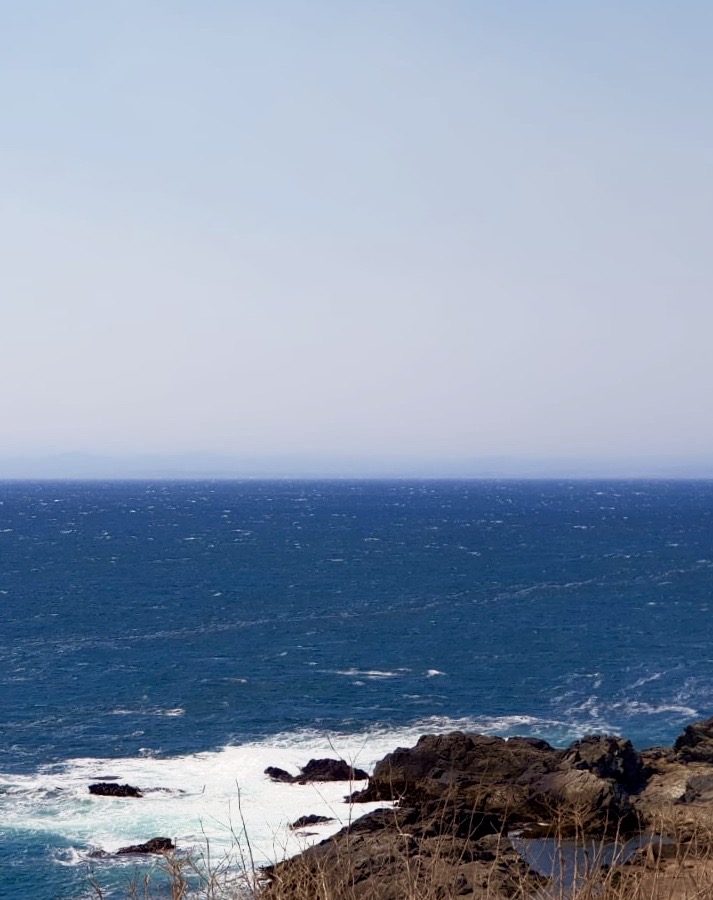Blue Mother, black Sea, miserable son:
transatlantic symbol of dark crossing in El Metro, Le Ventre de l’Atlantique and Celles qui attendent.
Keywords:
Mar/Madre, Migrante/representaciones, símbolo transatlántico, fantasma de la esclavización.Abstract
This investigation proposes an analysis of dark crossing of African migrant in Europe mild and bitter on the double representation Sea/Mother in migration literature. In fact, it’s succinctly a hispano-ecuatoguinean and two French-Senegalese novels: El Metro, Le Ventre de l’Atlantique and Celles qui attendent. In that way, we are based on triple approach relevant to invisibility of Nina de Friedmann, to Orientalism of Edward Said and the stylistic method in order to examine the symbol of transatlantic crossing of migrant son subject which discloses literary photography and historical facts. The question is to show the reviving of ghost of enslavement in the illegal migration caused by the connection sacred and old of Sea/Mother representation.
Downloads
References
Downloads
Published
How to Cite
Issue
Section
License
The Copyright for articles published in this magazine belongs to the author, preserving the rights of first publication for the Communitas Magazine. Because they appear in this publicly accessible journal, the articles are free to use, with their own attributions, in educational and non-commercial applications.
























